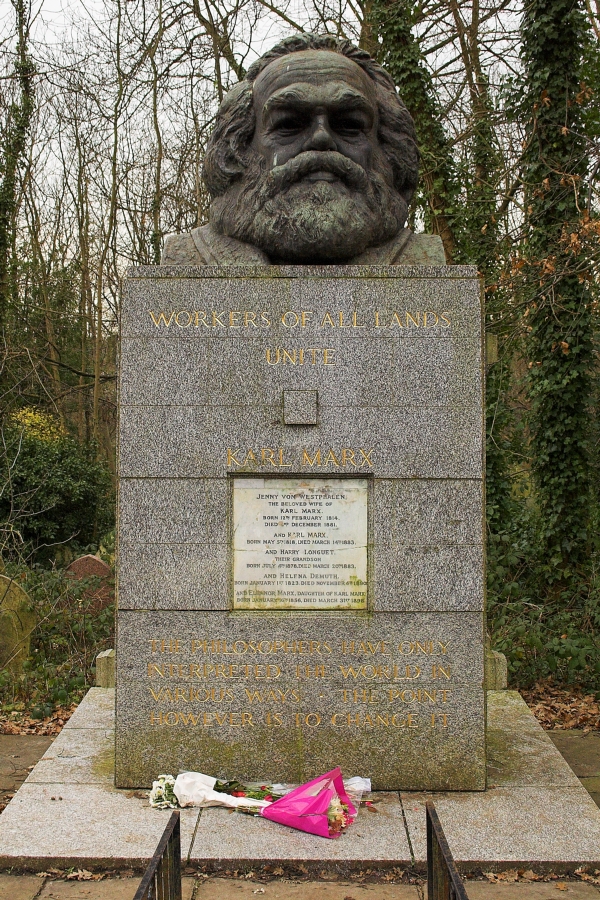British man was right to build a patio from children’s gravestones

Now twinned with ‘Bob’
In a story grim enough to satisfy our lust to find a daily hate figure we read of “millionaire” Kim Davies, who created a patio from headstones stolen from children’s graves at a neglected chapel in Llechryd, South Wales.
The Daily Mail:
Kim Davies, 60, took tombstones from a derelict chapel and cemented them to the walls of Llanwenarth House in Abergavenny, South Wales, where Cecil Frances Alexander penned the famous hymn.
Newport Crown Court heard how planners were horrified when they saw the ‘decorative stone plaques’ had been used as part of a gaudy £1m makeover to the Grade II-listed home, turning it into a ‘palace for an Iron Curtain dictator’.
One of the 150-year-old gravestones was even engraved with the names of three brothers and a sister who all died while under the age of four.
The wealthy businessman also used some of the graves as flagstones for a patio which he built at the £2.2m country mansion. It means children are now lying in unmarked graves at the disused Soar-y-Graig Non Conformist chapel in the village of Llechryd.
All pretty disgusting. But, you could argue – but we won’t – that he at least put the dead’s post-life chattles to some use. In London, property prices are so dear that even the dead can’t afford the rent.
The Spectator reported in 2015:
Two marble graves are side by side. One is grey and encrusted, with moss growing over the top. The other is smooth and shiny white. It looks new but, in fact, like the grave next to it, it’s more than 100 years old. It’s not just been cleaned — its top layer has been shaved off completely. On its front are potted plants, hydrangeas and a can of Guinness. These are tributes to its new resident.
Its old resident, Robert John, died in 1894. His inscription is still there, on the back of the headstone. His remains are there, too, if they haven’t disappeared into the soil.
John’s grave is among 700 or so that have been re-used, or ‘shared’, in the City of London Cemetery and Crematorium in east London. They are all at least 75 years old. Any remains that are found are put in a hessian sack and reburied. A chatty porter admits it’s ‘a bit controversial’. ‘Not everyone is happy with it,’ he says.
The City of London explains how studio flats graves work:
If you have visited the City of London Cemetery and Crematorium recently, you may have seen that we have some beautiful older and more traditional grave areas. These graves are often located in primary areas and have stunning memorials, and many of the graves within them have leases that are now extinguished.
The City of London Cemetery and Crematorium have a Heritage Programme that conserves the traditional heritage of these grave areas, but allows new families to lease existing graves and re-use the monuments already on them.
This gives you the option of perhaps obtaining a more substantial grave whilst preserving the history of our site.
As you can see from the pictures, the memorials are completely renovated and brought back to their former beauty. If a family decides to lease a grave in one of these areas, the memorial will be turned around leaving the original inscription on the reverse. This reveals a blank surface for the new lease holders to have there own inscription engraved on the headstone.
Some of the graves in this area have no memorial in place, allowing the new lease holders to purchase one of their own choice.
Now that you’re dead and you hurry up and decompose a little faster?
Spotter: BoingBoing, Disinfo
Posted: 20th, August 2015 | In: Reviews, Strange But True 0 Comments | TrackBack | Permalink


